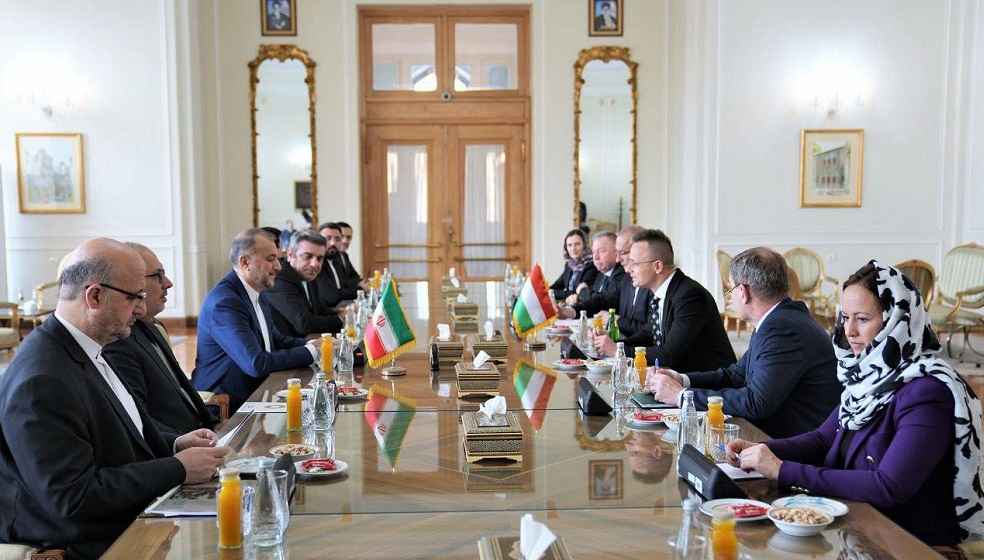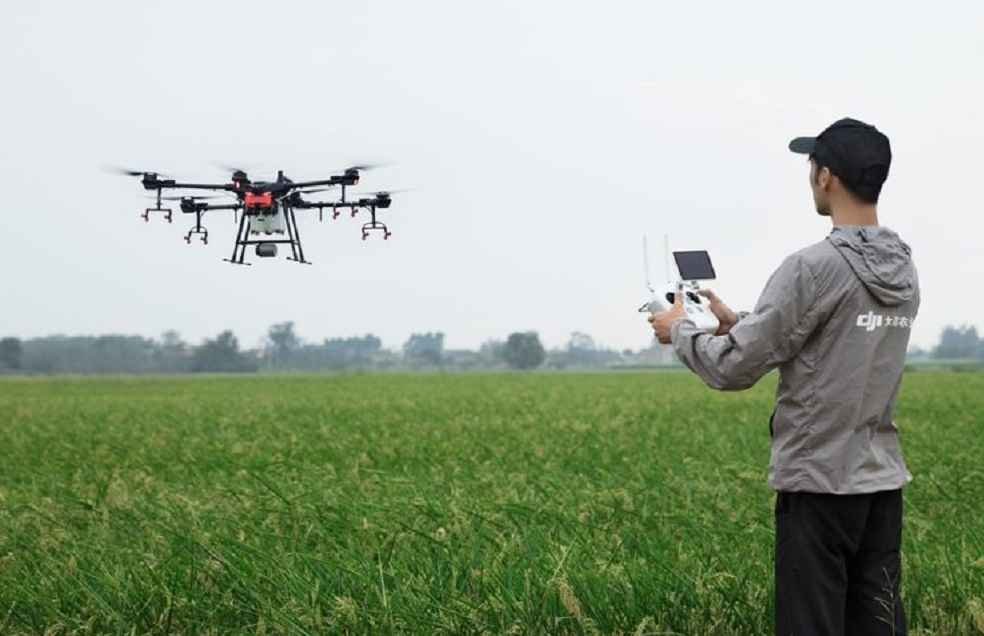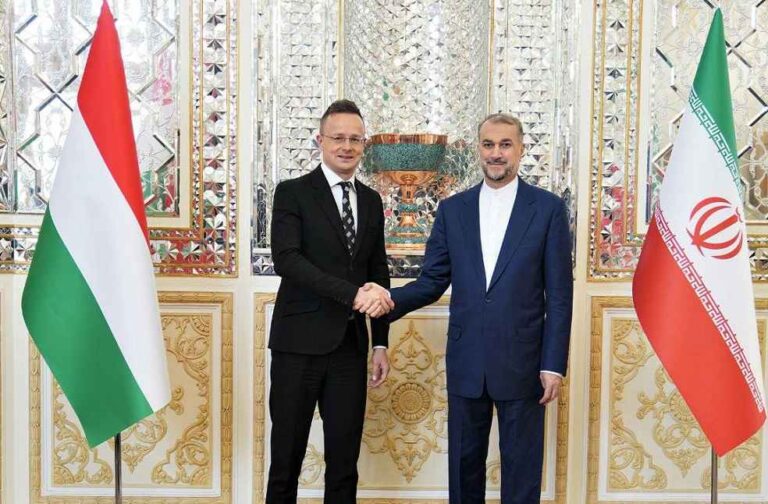Hungary and Iran unveil a strategic economic partnership, defying the global sanctions landscape. At the Hungary-Iran Business Forum, Hungarian Foreign Minister Péter Szijjártó articulated a shared vision for bolstering economic ties in domains beyond the reach of sanctions, specifically targeting the pharmaceutical, health, food, and water management sectors.
This announcement included the unveiling of an innovative agreement on agriculture designed to catalyze trade within the agricultural and food industries. This move arrives against a backdrop of global economic turbulence, characterized by pervasive sanction regimes disrupting the flow of international trade and economic stability.
Following the Iranian-Hungarian Joint Economic Cooperation Commission’s meeting, Szijjártó underscored the strategic navigation required to foster relations with Iran, mindful of the international sanctions targeting the nation. Despite these challenges, he pinpointed opportunities for growth in areas where Hungarian innovation leads, suggesting a strategic redirection towards less sanctioned sectors.

The dialogue on fostering Hungarian-Iranian economic ties reflected in the bilateral trade turnover, which impressively surpassed $50 million in 2022, with similar figures last year. The ambition, as Szijjártó outlined, extends beyond maintaining this volume, aiming for ambitious expansion wherever possible.
A key advancement is the investment protection agreement between Hungary and Iran, now in effect, promising legal certainty for businesses across both nations and facilitating smoother operations by addressing cooperation obstacles through enhanced collaboration between customs and tax authorities.
The agricultural cooperation agreement heralds a new era for Hungarian agricultural technologies and food products within the Iranian market, offering a robust entry point for high-quality Hungarian commodities, building on the established recognition of Hungarian pharmaceutical and medical technology products.

The commitment extends to water management, with Hungary contributing significantly to enhancing access to clean drinking water in Iran through innovative technologies. Ongoing discussions aim to introduce an expanded range of Hungarian water management solutions in Iran, broadening the scope of collaboration beyond mere trade to address essential human needs.
The agreement to issue 5,500 transport permits annually between the two nations exemplifies a concerted effort to dismantle trade barriers, ensuring smoother logistics and transportation for enterprises engaged in this burgeoning economic alliance.
EDITOR’S CHOICE | India’s Warning Against Irrelevant Interventions by WTO



